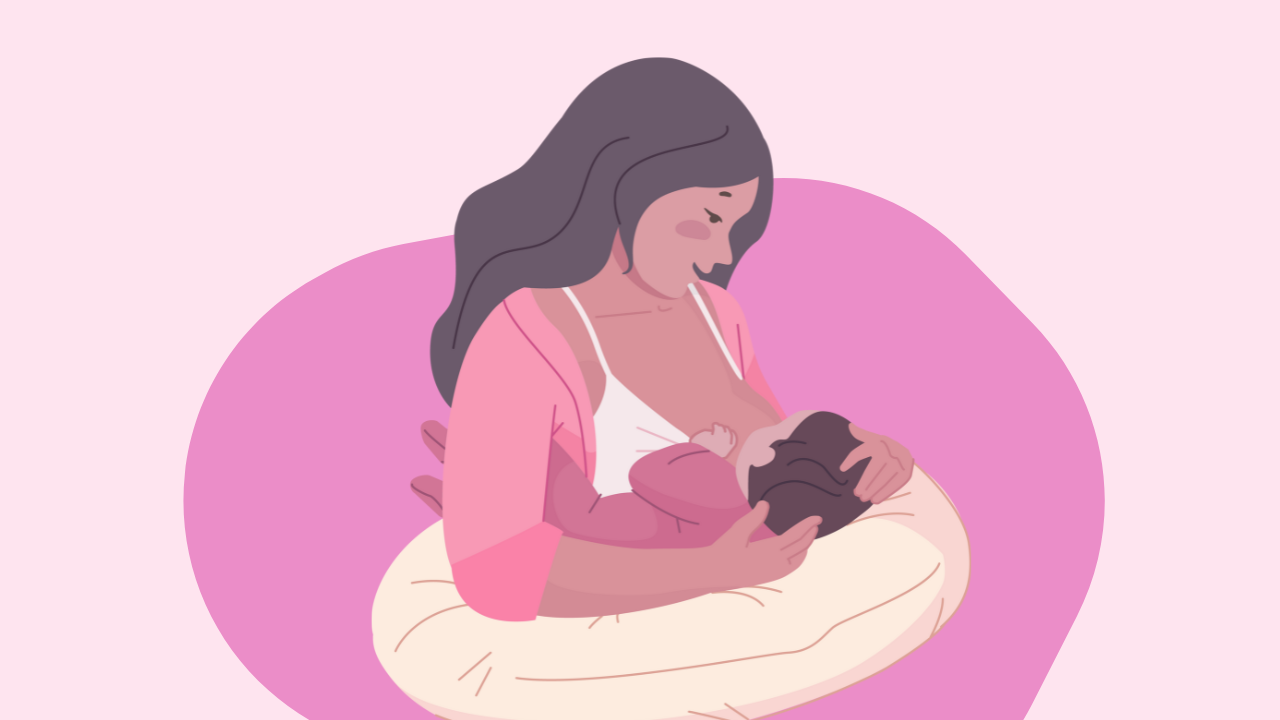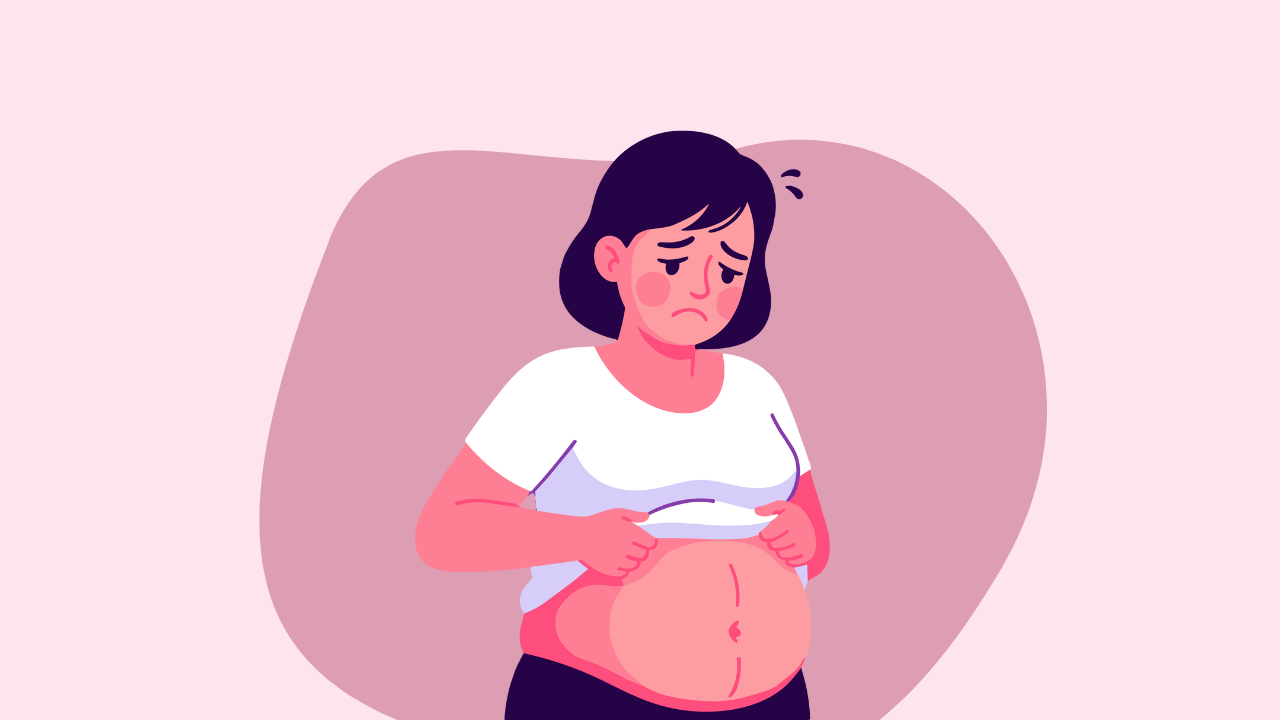What Breast Milk Can Teach Us About Cancer Defense

Breastfeeding does more than nourish a baby. It may also lower a woman’s risk of developing breast and ovarian cancer and the longer she breastfeeds, the greater the protective effect. According to MD Anderson Cancer Center, women who nurse for at least six months already see a measurable reduction in risk while those who breastfeed for two years or more may experience longer-lasting benefits.
Dr. Therese Bevers, a prevention expert at MD Anderson, explains that hormonal changes during breastfeeding play a central role. Nursing suppresses ovulation and delays the return of menstrual cycles, which means fewer lifetime exposures to estrogen, a hormone linked to increased breast cancer risk. Breastfeeding also stimulates breast tissue to shed cells, a process that may help clear potentially abnormal ones before they become dangerous.
Breastfeeding is not possible for everyone but that doesn’t mean women are left without options. MD Anderson emphasizes that regular physical activity, a balanced diet and adherence to recommended screening guidelines are all effective strategies to reduce risk. Breastfeeding is one helpful factor among many, not a mandatory step.
It’s also important to stay alert during nursing as the physiological changes of lactation can make it harder to notice warning signs. MD Anderson advises that any lump persisting for more than a week should be evaluated by a healthcare provider. Mammograms remain safe during breastfeeding though women are often asked to pump beforehand to improve imaging accuracy and comfort.
Women who are being treated for breast cancer should speak with their care team before breastfeeding since certain medications can pass into breast milk. In some cases, patients may be advised to pause or discontinue nursing while others may be encouraged to pump and store milk until treatment concludes.
A global meta-analysis published in The Lancet found that each year a woman breastfeeds is associated with a four percent relative decrease in breast cancer risk. Additional studies show that nursing for at least twelve months can reduce the likelihood of triple-negative breast cancer by over 30 percent. Among African American women, breastfeeding for six months or longer has been linked to risk reductions as high as 82 percent.
According to MD Anderson, this protection stems from a combination of lower estrogen levels, increased immune activity during lactation and the natural cellular turnover that occurs while breastfeeding.







